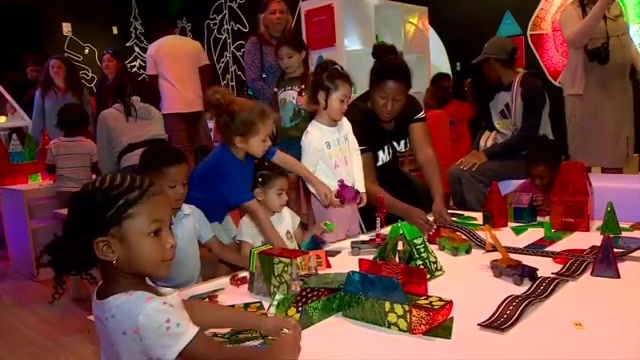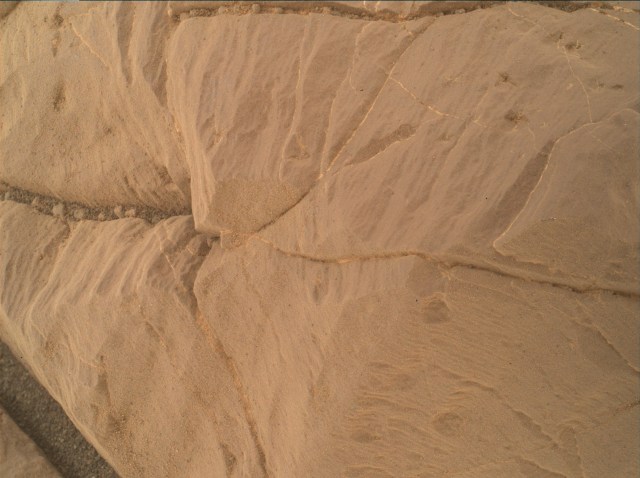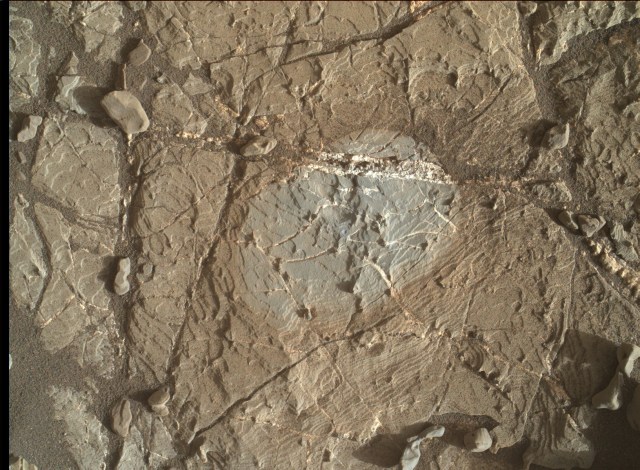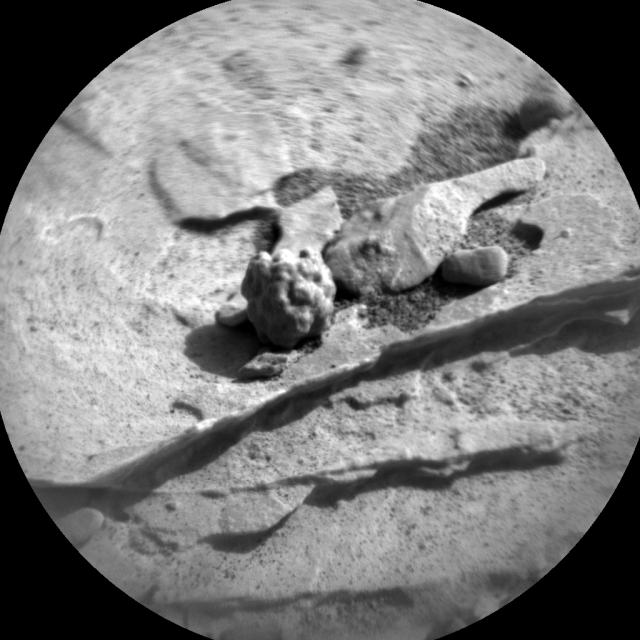- Fri. Apr 26th, 2024
Latest Post
Magna-Tiles Unleash Creativity and Learning: The Museum of Discovery and Science Launches a First-of-Its-Kind Immersive Space for Kids
The Museum of Discovery and Science in downtown Fort Lauderdale opened a first-of-its-kind immersive space called the MAGNA-TILES Studio. This new studio allows children to explore, create, and let their…
Fish Fry Fun: Paris, Tennessee Hosts World’s Largest Grand Parade Amidst Week-long Festival
The annual World’s Biggest Fish Fry Grand Parade took place in Paris, Tennessee, today. This event is much more than just a procession for the community; it’s a celebration of…
Exploring the Science of Mars: Weekend Adventures on Sol 1962
On the first day of the weekend, we decided to continue our exploration at the same location we’ve been studying all week. Although we were excited about discovering new terrain,…
Unlocking Mars’s Geological Puzzles: Exciting Discoveries at VRR Location ‘e’
Our team has gathered a rich set of observations through extensive imaging and geochemical analyses at the Vera Rubin Ridge (VRR) location “e.” Today’s science activities are nothing short of…
Sol 2075: Conducting Methane Experiments and Additional Science Activities
Today, on Sol 2075, we are focusing most of our planning efforts on conducting a methane experiment using our SAM instrument to analyze an atmospheric sample. However, we were able…
Houthis Claim Successful Attack on Israeli Ship MSC Darwin in Gulf of Aden
On the evening of April 26, the Houthis in Yemen claimed to have successfully launched an attack on the Israeli ship MSC Darwin in the Gulf of Aden. In a…
Overcoming Focusing Challenges: Mars Rover Plans Short Drive towards Drilling Target with ChemCam Analysis
Our drive towards “Pink Cliffs” proceeded as planned, and for Sol 864, we will be conducting a short drive, known as a “bump,” towards our drilling target called “Mojave.” Before…
Sol 1966: Planning an Exciting Holiday Weekend for Mars Rover Mission
As the SOWG Chair, I was tasked with planning two sols to kick off the holiday weekend. During this process, I considered various options for activities such as mobility and…
Drug Bust: Berlin-Brandenburg Discovers Cocaine Hidden in Lidl Stores, Police Decline to Specify Amount
In a significant drug bust, the customs investigation office in Berlin-Brandenburg discovered 223 kilograms of cocaine hidden in banana boxes at Lidl stores. The drugs were found across eleven branches,…
Teladoc Health’s Stock Value Takes a Hit Despite Pandemic Boost
Despite experiencing rapid growth during the pandemic, Teladoc Health has seen a significant decrease in its stock value since then. Like many other companies in the telehealth industry, Teladoc reported…




